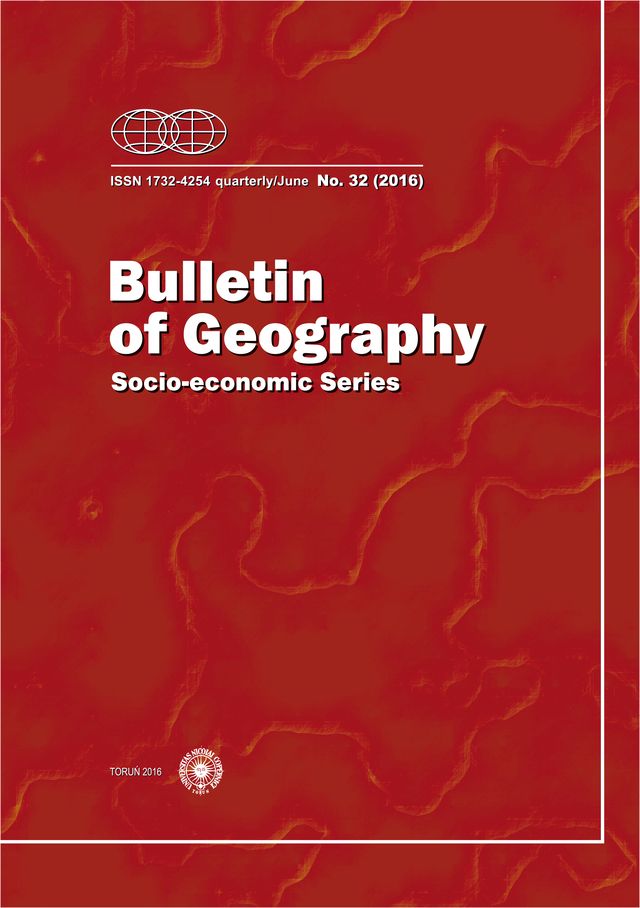De Facto States and Democracy: The Case of Abkhazia
De Facto States and Democracy: The Case of Abkhazia
Author(s): Vincent Kopeček, Tomáš Hoch, Vladimír BaarSubject(s): Politics / Political Sciences, Social Sciences, Political Sciences, Public Administration
Published by: Wydawnictwo Naukowe Uniwersytetu Mikołaja Kopernika
Keywords: Abkhazia; Democratisation; Recognition; De facto states
Summary/Abstract: De-facto states constitute an interesting and important anomaly in the international system of sovereign states. No matter how successful and efficient in the administration of their territories they are, they fail to achieve international recognition. In the past, their claims for independence were based primarily on the right to national self-determination, historical continuity and claim for a remedial right to secession, based on alleged human-rights violations. Since 2005, official representatives of several de facto states have repeatedly emphasised the importance of democracy promotion in their political entities. A possible explanation of this phenomenon dwells in the belief that those states which have demonstrated their economic viability and promote the organization of a democratic state should gain their sovereignty. This article demonstrates the so called "democracy-for-recognition strategy" in the case study of Abkhazia. On the basis of the field research in Abkhazia we identify factors that promote, as well as those that obstruct the democratisation process in the country.
Journal: Bulletin of Geography. Socio-economic Series
- Issue Year: 2016
- Issue No: 32
- Page Range: 85-104
- Page Count: 20
- Language: English

